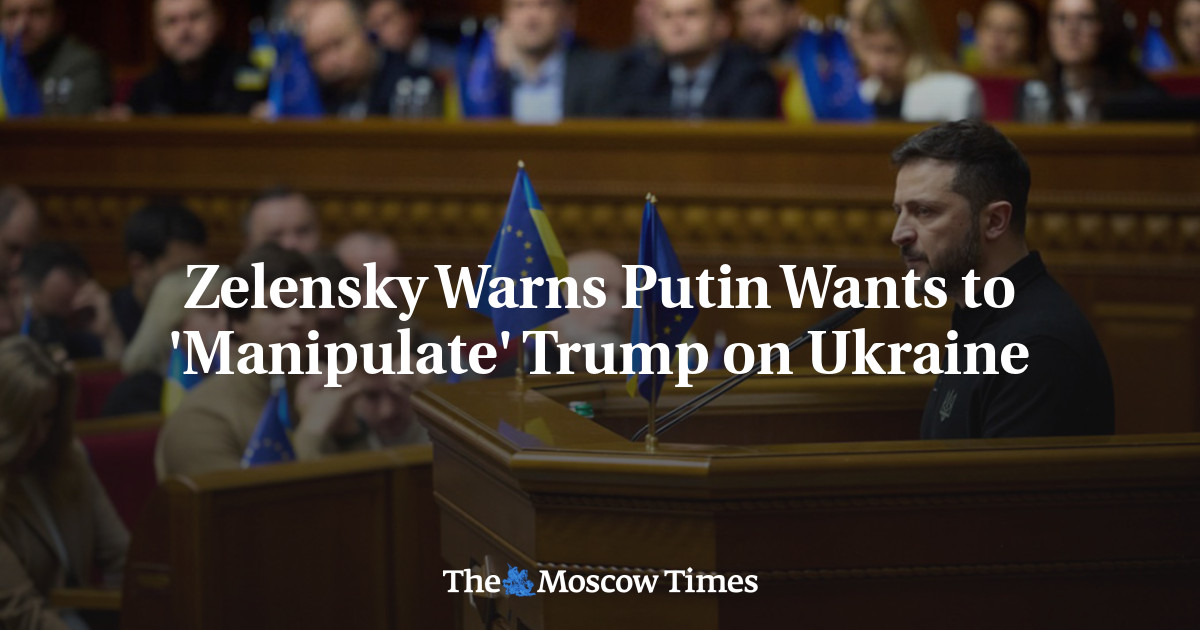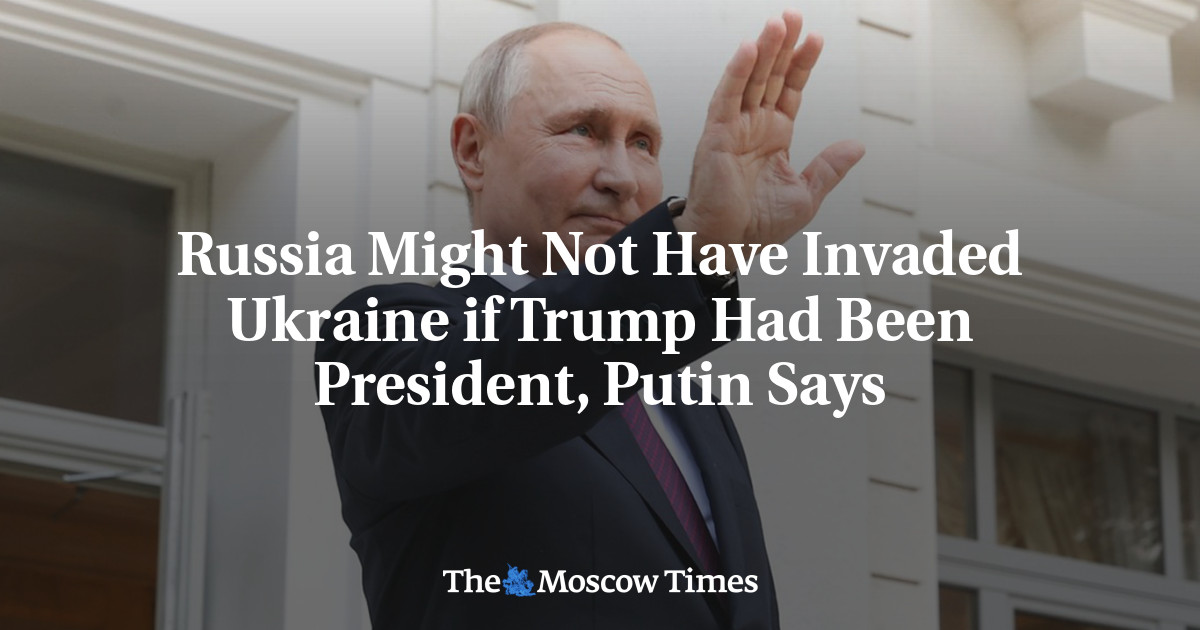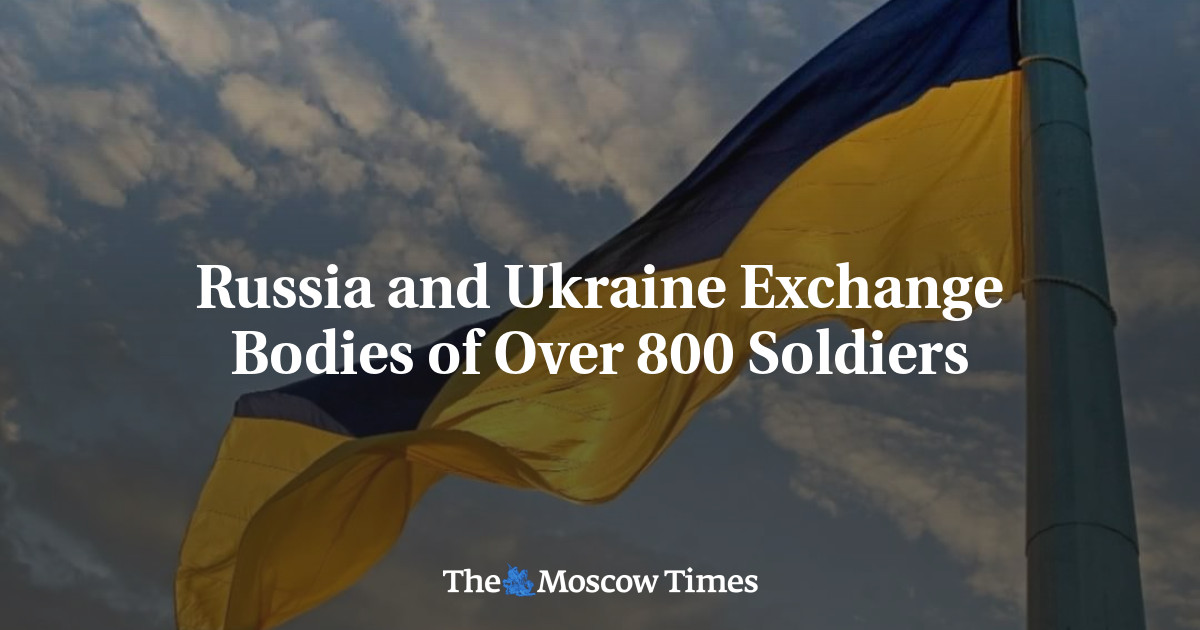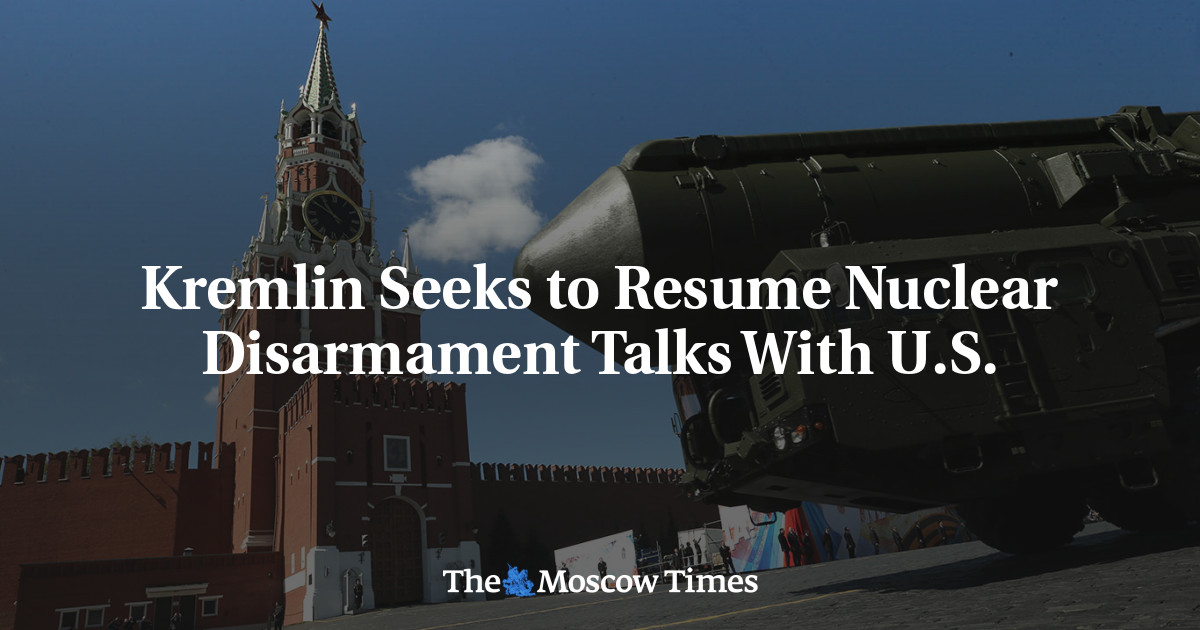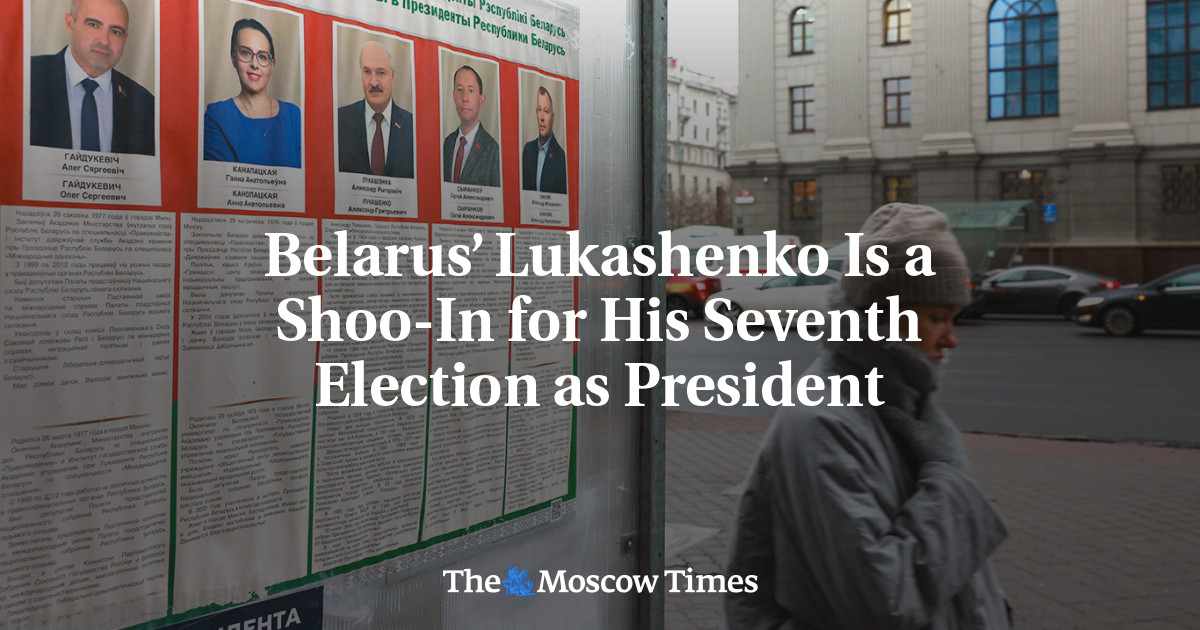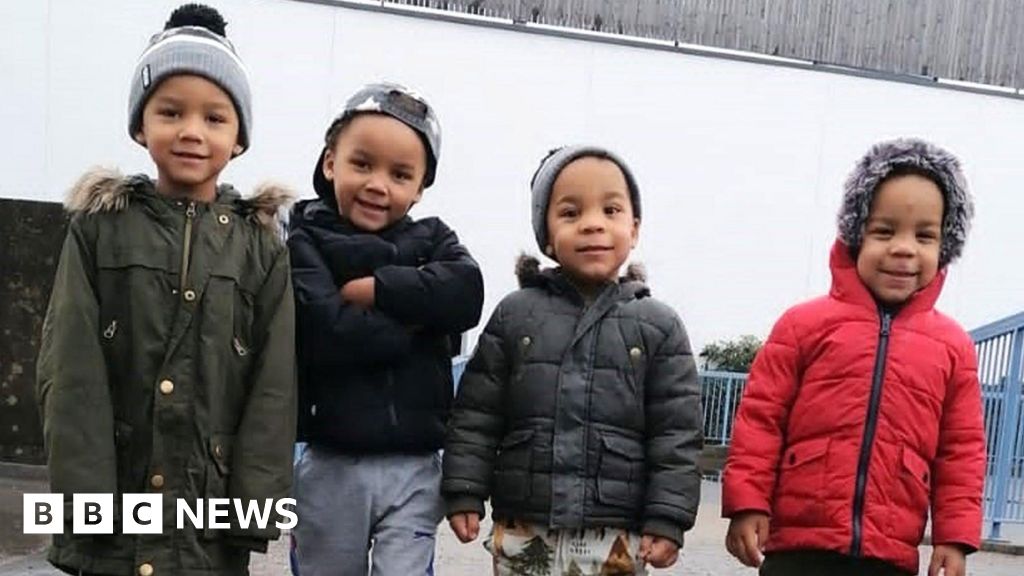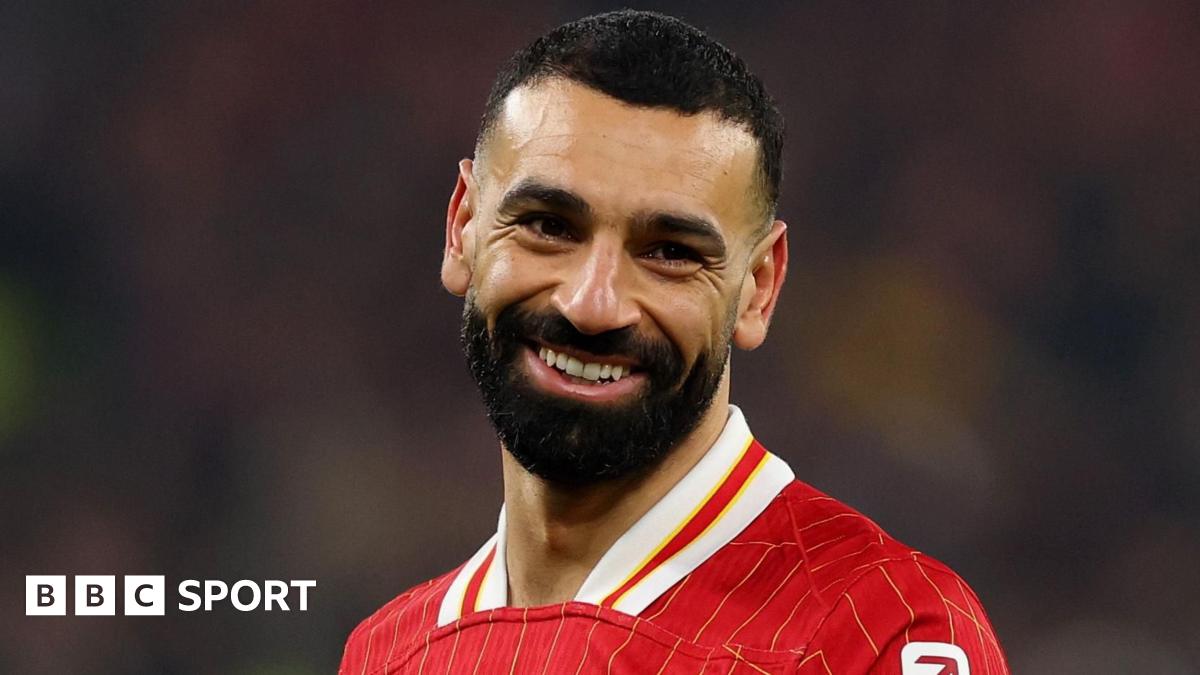Yulia Navalnaya had not seen her husband Alexei in two years when she spoke at the Munich Security Conference after news broke that he had died in his Arctic prison.
With tears in her eyes, Navalnaya — by her husband's side as he challenged President Vladimir Putin's rule for more than a decade — took a deep breath.
"If this is true, then I want Putin and all his entourage, Putin's friends and his government to know: they will bear responsibility for what they did to our country, to my family, to my husband. And this day will come very soon," the 47-year-old said, her hair in a tight bun as always.
Navalnaya had stood by her fearless husband as he galvanized mass protests in Russia, flying him out of the country as he lay in a coma after a poisoning and defiantly returning to Moscow with him.
She has since clung on to the hope that she would see him again even as he was given 19 years in prison and sent to the harshest possible prison.
"I hope and I believe that I will see Alexei free. There is nothing impossible when you are in love," she told Der Spiegel last year.
As his fight against the Kremlin became ever more daring, Navalny would say he could not make it without his wife.
His last message to the outside world was a Valentine's Day note to her: "I feel that you are with me every second."
In her first social media post after her husband's death, she shared a photo of him kissing her forehead. The caption read: "I love you."
The couple often shared photographs of their family life with their children. Their love story inspired Navalny's followers.
It presented a stark contrast to Putin, who keeps his personal life in utter secrecy.
Navalnaya has always insisted she is primarily a mother and a wife uninterested in going into politics, resisting calls to take on a more active political role even when her husband was a free man.
But many are now left wondering if there is anyone else to unite a leaderless and exiled opposition.
'I had to get him out'
The Munich speech was not the first time Navalnaya showed stoicism.
In summer 2020, she watched her husband almost die when he was poisoned in Siberia by what doctors said was a Soviet nerve agent.
She then managed to get him out of the country — as he lay in a coma with local doctors refusing to let him go — with the help of a German charity.
"Every moment when we were there, I thought 'I had to get him out'," Navalnaya told Russian filmmaker and blogger Yuri Dud in an interview during her husband's recovery in Germany.
She said state doctors in Siberia were trying to drag out the process for him to either die or for the nerve agent not to be traceable.
Five months later, she was just as defiant when the couple flew back to Moscow, knowing it would land him in jail.
"Waiter, bring us some vodka, we're flying home," Navalnaya said in a video sitting next to Alexei on the plane, copying a scene from a Russian cult film.
The couple were separated at passport control upon landing, the last time she saw her husband free.
They briefly embraced before police took him away and she was greeted at the airport to chants of "Yulia!".
'Darkest things'
Navalnaya has described her life since as "letters, letters, letters," saying she tried to write to her husband every day.
The two met on holiday in Turkey, with both saying they fell in love immediately.
Navalnaya gave up a job in banking to raise the couple's children as Alexei's political career took off.
As he recovered from the poisoning in Germany, Navalny joked that his wife's views were more radical than his.
"When you are not a politician but you see the darkest things against your family then, of course, it radicalizes you," he said in the interview with Dud.
Since Navalny was imprisoned, Navalnaya has said she would not follow the path of Sviatlana Tsikhanouskaya — who became Belarus's opposition leader after her husband was jailed.
The pair symbolically hugged in Munich after Navalny's death.
"Yulia Navalnaya is becoming a political figure whether she wants it or not," Russian political commentator Tatiana Stanovaya said on social media the day Navalny died.
 (1).png)
 11 months ago
95
11 months ago
95
